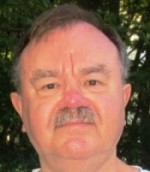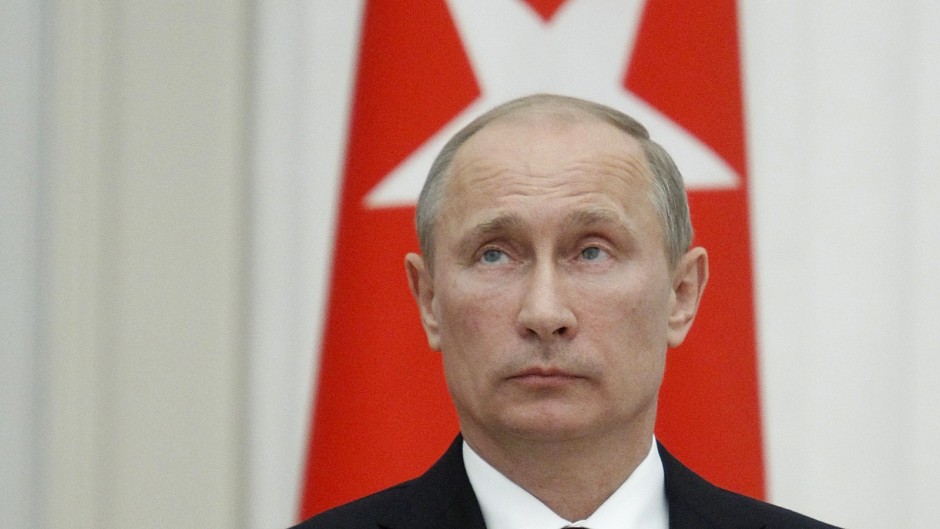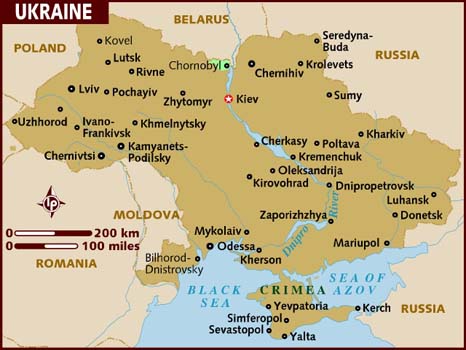Fighting has intensified in eastern Ukraine after the president, the oligarch Petro Poroshenko, declared an end to a 10-day cease-fire and ordered his forces to attack pro-Russian separatists. The Ukrainian military has been using air strikes and artillery attacks against them.
Meanwhile, at his own request, the upper house of the Russian parliament had revoked President Vladimir Putin’s authorization to invade Ukraine. The Federation Council voted 153 to 1 to cancel its resolution of March 1 allowing Putin to send Russian troops to Ukraine.
Yet American officials remain unconvinced that Putin has backed up words with deeds. They considered the move positive but symbolic, assuming that it was really meant to undercut European support for additional sanctions. Instead, they mocked Putin by calling it a “charm offensive.”
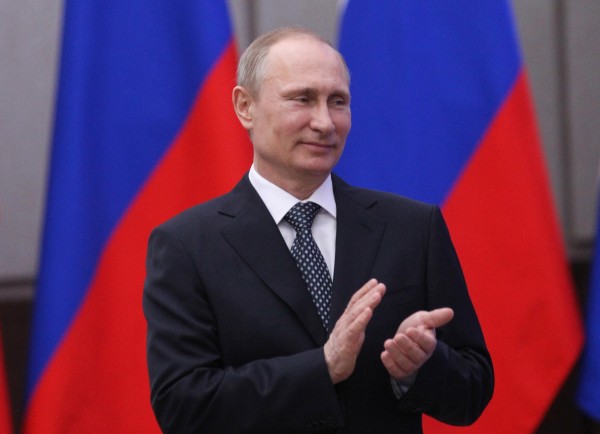
Ever since the crisis in Ukraine began, with the overthrow of the legally elected president, Viktor Yanukovych, war drums have been beating in the West.
They have defined as “aggression” Putin’s attempts to make certain Russian-speakers and ethnic Russians in eastern Ukraine don’t get trampled by the nationalist Ukrainians in the west — the heirs of those who fought alongside Nazi Germany against the Soviet Union in World War II.
To add to the insult, people like Hillary Clinton and Prince Charles, who should know better, have glibly compared Putin to — wait for it — Adolf Hitler! I guess even a lesser tyrant like Benito Mussolini, the fascist leader of pre-war Italy, or Syria’s Bashar al-Assad won’t do.
The comparison was due to Russia’s annexation of Crimea. But that’s a special case.
The great majority of the population of the peninsula, almost physically cut off from the rest of the country, is ethnically, linguistically, and religiously Russian. The majority of its population prefers to be ruled from Moscow rather than Kiev and it has been part of Russia for centuries.
So why has it been Ukrainian? The answer: a dead dictator’s whim. Soviet leader Nikita Khrushchev 60 years ago detached Crimea from the Russian Soviet Socialist Republic and gave it to the Ukrainian Soviet Socialist Republic, without consulting anyone — including the population of the peninsula.
It didn’t matter much anyhow, as in reality everyone in the Soviet Union was ruled from the Kremlin anyway. But after 1991, when the USSR collapsed, the Russians in the Crimea found themselves under Ukrainian sovereignty.
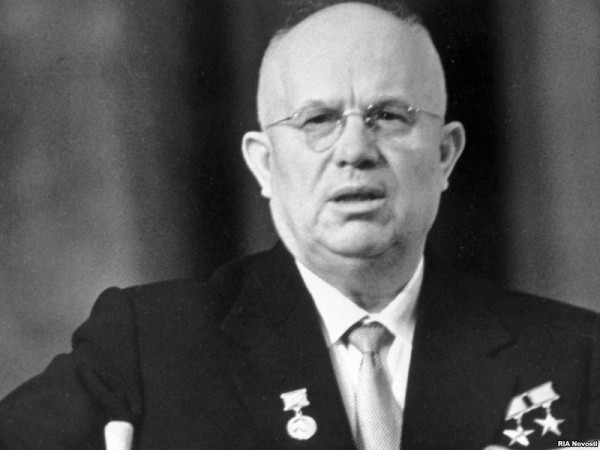
At least this time there was a referendum — the result overwhelmingly favourable to rejoining Russia.
But American observers insisted this annexation, which righted an historical injustice, was only the first step on Moscow’s part to grab more Ukrainian territory. CNN for weeks ran almost daily “breaking news” alarmist clips warning of Russian troop movements near the Ukrainian border, as if there was something illegal about a country moving its forces around within its own territory.
In fact, it’s the outgunned “rebels” in the east, not the Ukrainian army, that have been suffering most of the casualties, and have begged Putin to intervene. Unlike Hitler, Putin hasn’t sent forces across the border, though there has been enough provocation for him to invoke an international norm like R2P (“responsibility to protect”) to do so.
Instead, he keeps calling for substantive negotiations between the ethnic Russians in eastern Ukraine and Petroshenko, who was elected with virtually no ethnic Russian support.
Putin said that declaring a cease-fire and asking the rebels to disarm without addressing their long-term political grievances would yield nothing. The separatists want increased autonomy for Donetsk and Luhansk.
“If we see there are substantive talks, so that people in eastern Ukraine can finally understand how their legal interests will be guaranteed, then there is a high possibility of success,” Putin said.
He also charged that Kiev has not done enough to disarm an anti-Russian group called Right Sektor. Without that, it did not make sense to call on the militias in the east to disarm.
The Ukrainian president has now also signed a sweeping trade deal with the European Union that calls for the establishment of a “deep and comprehensive free-trade area.”
Russia sees the agreement as a serious threat to its own historically close ties to Ukraine. “The anti-constitutional coup in Kiev and attempts to artificially impose a choice between Europe and Russia on the Ukrainian people have pushed society toward a split and painful confrontation,” Putin said. But again, there has been no threat of military action by Moscow.
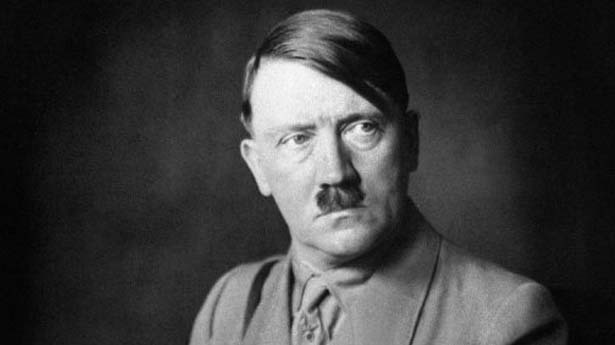
If only Hitler had been more like Putin! World War II might never have occurred.
Henry Srebrnik is a professor of political science at the University of Prince Edward Island.
